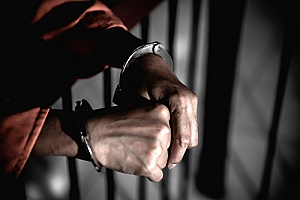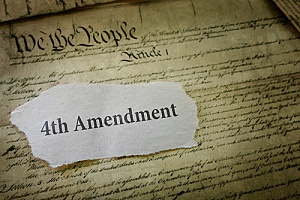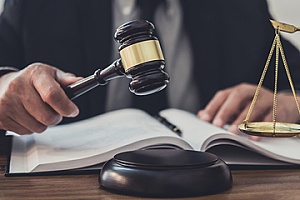 Encounters with police officers can proceed in a number of ways, and while the hope is always that a member of law enforcement will perform their job in an unbiased way, some individuals may experience police racial profiling during their interactions.
Encounters with police officers can proceed in a number of ways, and while the hope is always that a member of law enforcement will perform their job in an unbiased way, some individuals may experience police racial profiling during their interactions.
It is important to understand how the law handles racial profiling from government actors, such as police officers, as well as what you can do to reduce your risk and how to approach the situation after it has happened. You have rights, and a skilled attorney may be able to seek compensation for your treatment depending on the details of your case.
Identifying Racial Profiling
Racial profiling is the process of allowing an officer’s biases about a person’s race to impact the way that they treat that person during an encounter. Typically, this takes the form of law enforcement officers specifically targeting people of a certain race or apparent ethnicity to pull over or arrest them; this behavior does not typically consider the person’s actions, only their apparent national origin or race.
Traffic stops are one of the most common types of profiling scenarios, with Black drivers being pulled over disproportionately often. However, many other types of incidents exist, such as a store manager noting a person’s race and then calling the cops on suspicion of theft solely based on their race and not their behavior. While it is permitted for cops to use race for the purposes of identifying someone, they must have reasonable suspicion to support any further action.
Understanding How The Law Deals With Profiling
 Both federal and state laws are in place to protect individuals from profiling behavior, but this does not mean that officers always comply. The Fourth Amendment to the Constitution grants all people equal protection against unreasonable searches and seizures (remember, being detained against your will for no reason counts as a seizure of you, the person), and the Civil Rights Act directly forbids discriminatory action against a person based upon their skin color.
Both federal and state laws are in place to protect individuals from profiling behavior, but this does not mean that officers always comply. The Fourth Amendment to the Constitution grants all people equal protection against unreasonable searches and seizures (remember, being detained against your will for no reason counts as a seizure of you, the person), and the Civil Rights Act directly forbids discriminatory action against a person based upon their skin color.
However, an officer need only provide an explanation of other reasons that gave them suspicion that you were doing something wrong; these are easy to come up with, which is why pursuing legal action against racial profiling can be challenging, particularly without legal assistance.
Reducing The Odds Of A Profiling Encounter
Be sure to understand your rights in order to reduce the chances of encountering the police. While the point of racial profiling is that you may not even be doing anything wrong, abiding by the speed limit and following the rules give officers less ground to stand on. If you are pulled over, it is best not to argue with officers, even if you believe they are wrong. Arguments are better handled in court. Remember that an officer cannot search your vehicle without probable cause, and you are within your rights to decline a search if the officer asks.
What To Do If You Are A Victim Of Police Racial Profiling
If you believe that you have been a victim of racial profiling by the police, the first thing that you should do is to document as much information as you can remember. Write down the officer’s name and badge number if you remember them; if not, at least include a description and the approximate time that the event occurred. This can assist investigators in determining who was responsible. If you were injured during the encounter or your property was damaged, take photos and keep invoices for any repairs and treatments.
Next, you can file a complaint against the officer or their department. Depending on your jurisdiction, you may be able to file a complaint online, over the phone or in person. It is important that you do this as soon as possible after the incident so that you do not encounter any issues with the statute of limitations.
 During the course of these events, consider contacting a legal professional. Upholding your rights against racial profiling can be very difficult in court, but a skilled attorney who has experience in profiling cases can offer you a better chance of success. Do not forget to take care of yourself during this time; see a therapist or other professional if you are having a hard time coping with the fallout of the encounter.
During the course of these events, consider contacting a legal professional. Upholding your rights against racial profiling can be very difficult in court, but a skilled attorney who has experience in profiling cases can offer you a better chance of success. Do not forget to take care of yourself during this time; see a therapist or other professional if you are having a hard time coping with the fallout of the encounter.
Work With Civil Rights Attorneys Who Can Represent You
Being profiled by police officers can be a stressful experience, and handling the resulting court proceedings even more so. This is why the Virginia civil rights attorneys at The Brown Firm are always happy to assist clients who have been victims. Reach out to schedule a consultation with a civil rights attorney to explain what happened and map your next steps so that you can receive the justice that you deserve.

